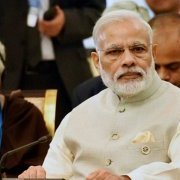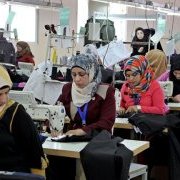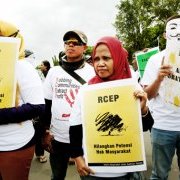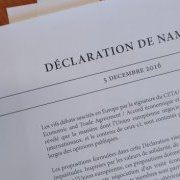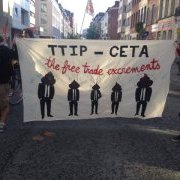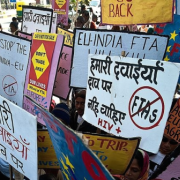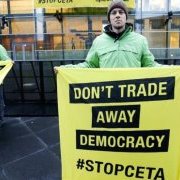7-Dec-2016
The Jakarta Post
Amid the collapse of the United States-backed Trans-Pacific Partnership (TPP) pact, trade officials from 10 Southeast Asian countries and six key partners started on Tuesday talks on a rival deal with new urgency.
7-Dec-2016
Forum Against FTAs
Why is the Indian government signing the RCEP agreement, which allows foreign investors to sue governments, threatens access to life-saving medicines and puts at risk seed sovereignty?
6-Dec-2016
The Jakarta Post
As trade negotiators from 16 countries gather in Indonesia to deliberate the terms of trade agreement — the Regional Comprehensive Economic Partnership agreement (RCEP), access to low-cost generic medicines is under grave threat.
6-Dec-2016
Déclaration de Namur
The heated debates generated in Europe by the signature of the CETA have revealed that the way the EU negotiates international economic and trade agreements as well as their content are challenged by an increasingly large segment of public opinion.
5-Dec-2016
Médecins Sans Frontières
International medical humanitarian organisation Médecins Sans Frontières (MSF), along with other health groups, reiterated concerns about harmful intellectual property provisions in the proposed agreement that would increase market monopolies for pharmaceutical corporations and delay or block access to affordable generic medicines.




